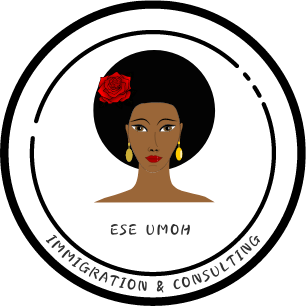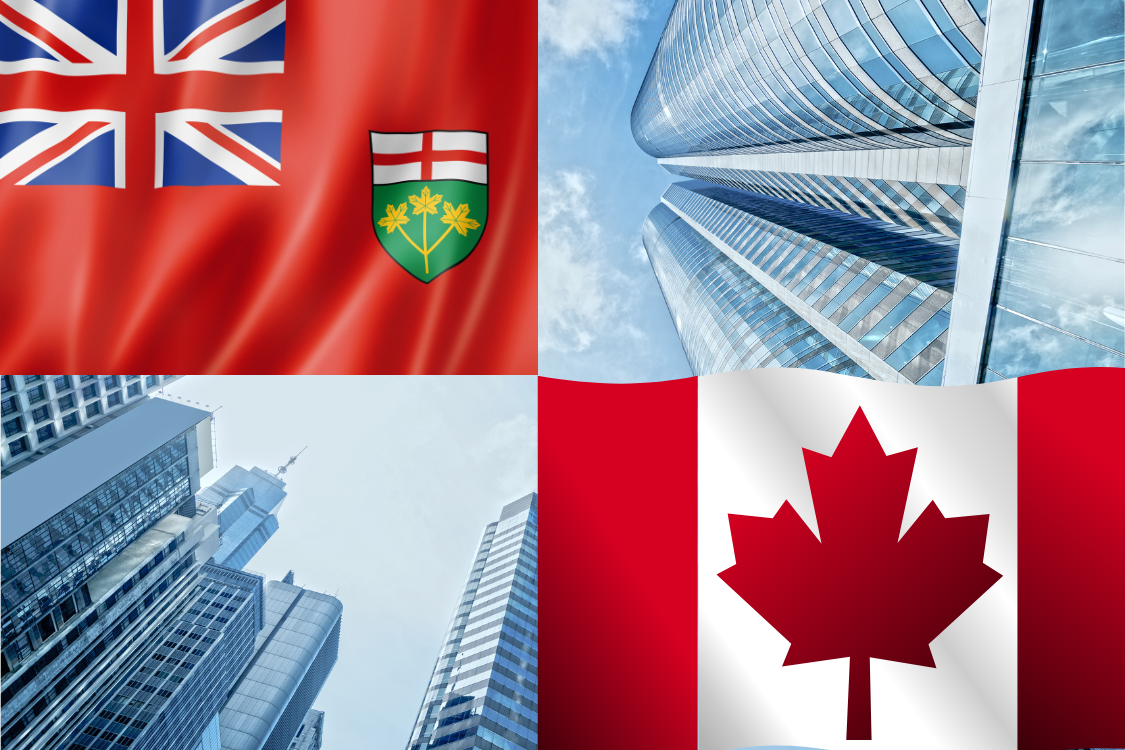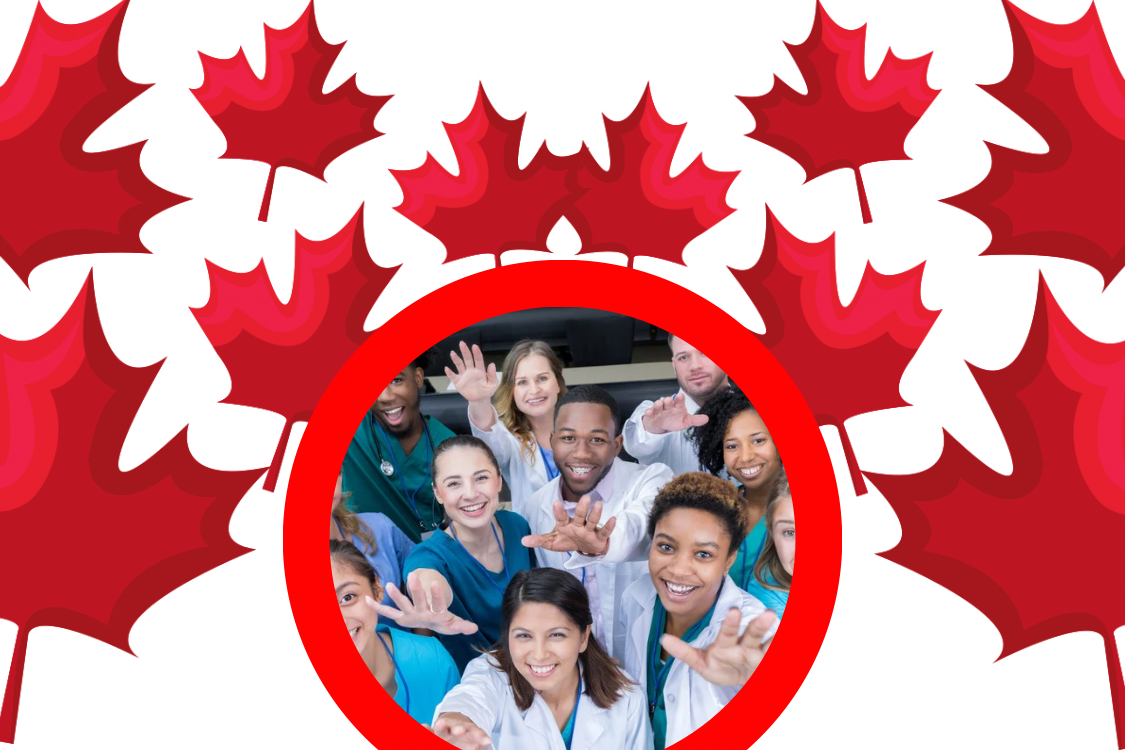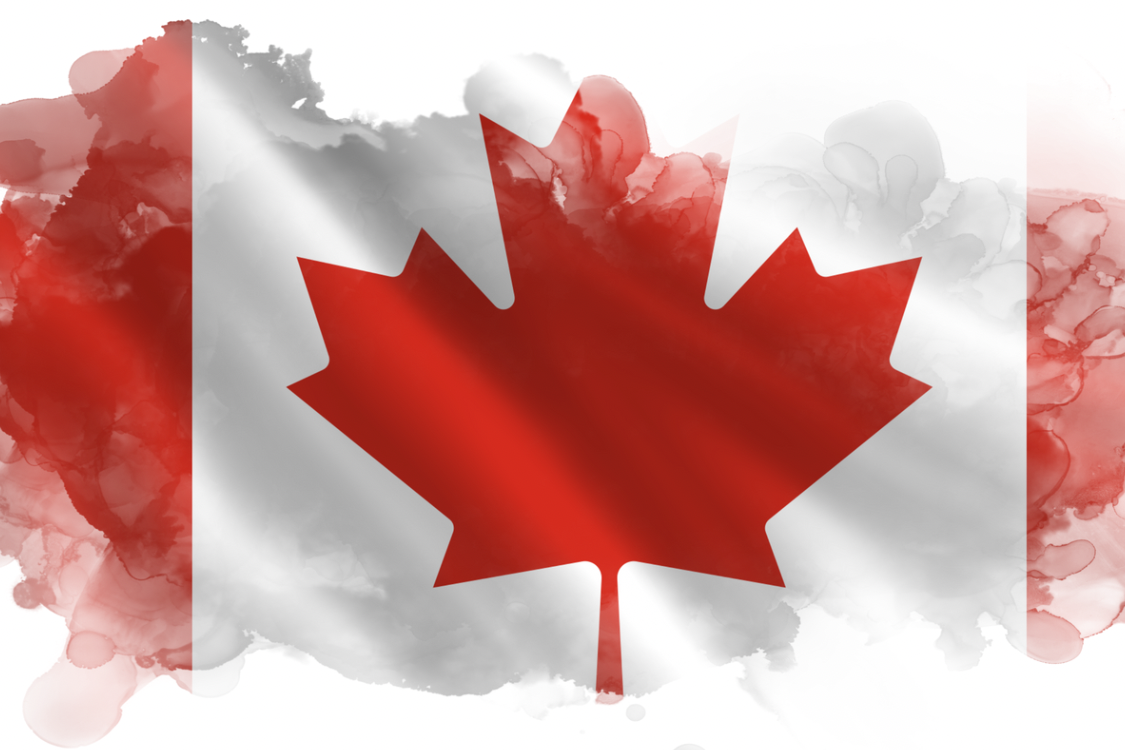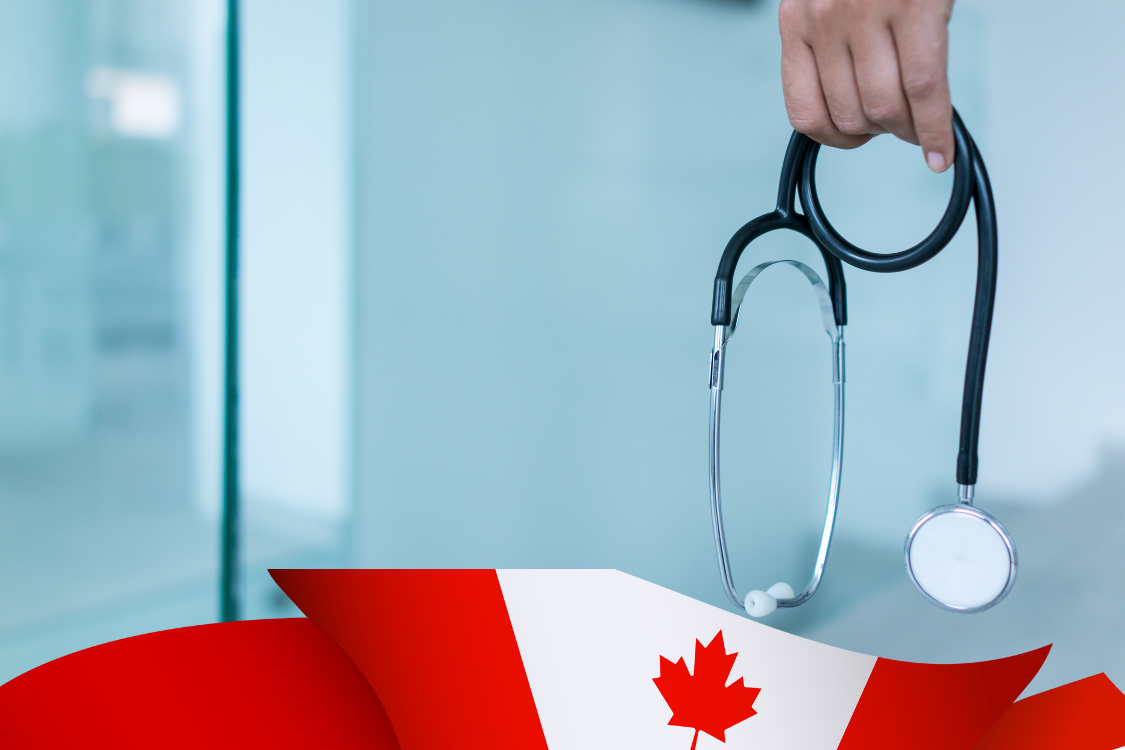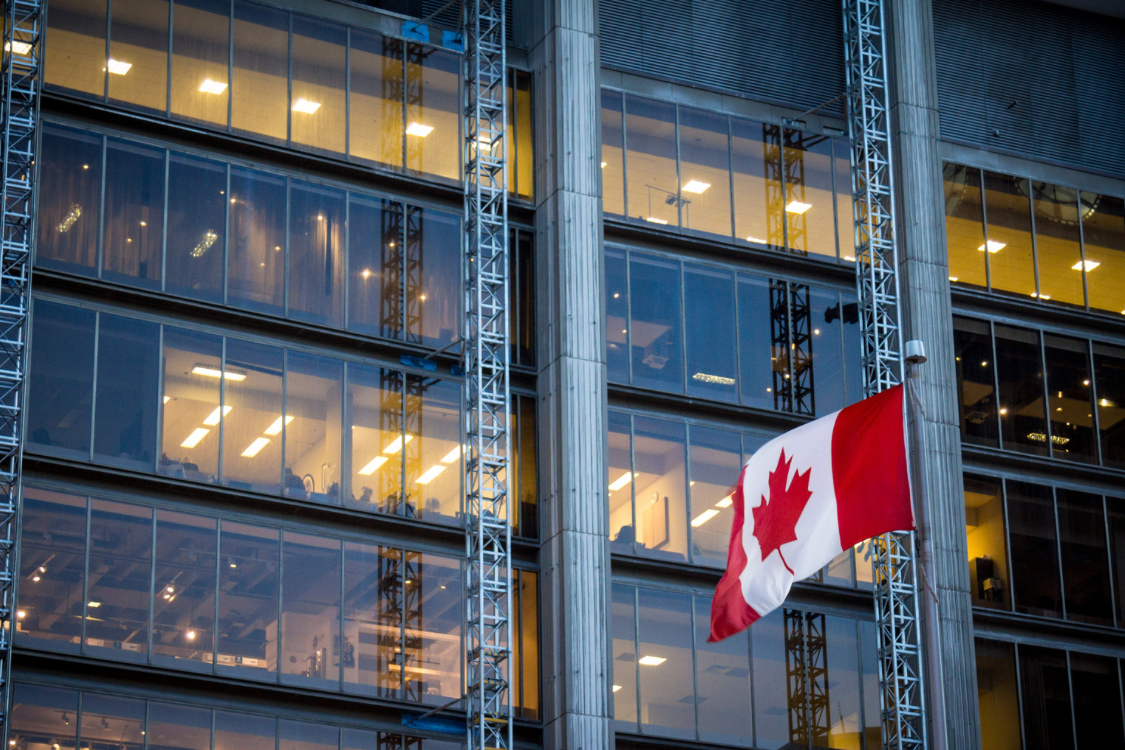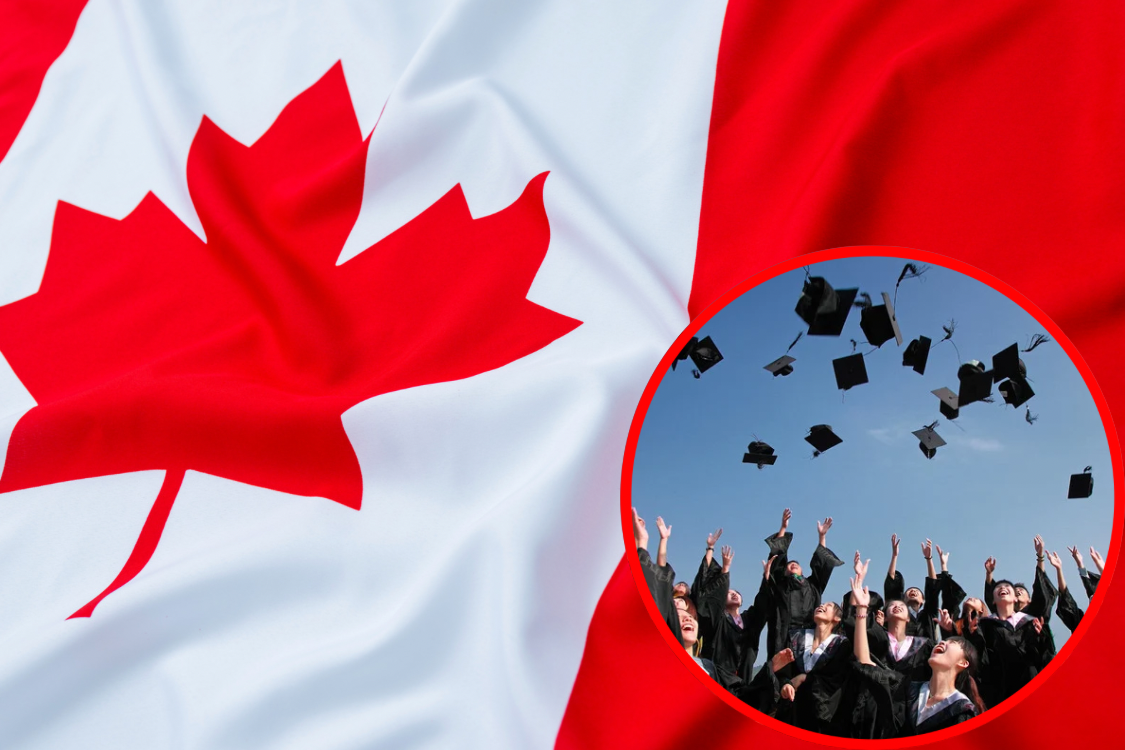Dear future neighbour,
Ontario has recently held a major round of invitations under its Ontario Immigrant Nominee Program (OINP), issuing over 1,100 invitations to candidates seeking provincial nomination for permanent residence in Canada. This was the first significant draw since early October, marking a restart in Ontario’s selection activity after a short pause.
What happened in the draw?
The draw took place on December 10, 2025 and involved multiple streams under the OINP:
-
Employer Job Offer: Foreign Worker Stream
-
Employer Job Offer: International Student Stream
-
Employer Job Offer: In-Demand Skills Stream (REDI)
Candidates in these streams were selected based on factors like work experience, job offers in Ontario, and Expression of Interest (EOI) scores.
Who received invitations?
The invitations were mostly given to candidates in high-demand occupations, including:
-
Healthcare workers (nurses, nurse aides, and other essential roles)
-
Early childhood educators and assistants
-
Regional roles in smaller Ontario communities through the REDI pilot
This focus reflects Ontario’s ongoing effort to address labour shortages and support economic growth outside major cities.
See below summary of each of the December 10 OINP draw
Employer Job Offer: Foreign Worker Stream
| Targeted group | ITAs issued | Minimum score | Eligible occupations (NOC 2021) |
|---|---|---|---|
| Regional Economic Development Through Immigration (REDI) | 29 | 45 | 11202 – Professional occupations in advertising, marketing and public relations
12200 – Accounting technicians and bookkeepers 13110 – Administrative assistants 31120 – Pharmacists 31301– Registered nurses and registered psychiatric nurses 32101 – Licensed practical nurses 33102 – Nurse aides, orderlies and patient service associates 72310 – Carpenters 72401 – Heavy-duty equipment mechanics 72422 – Electrical mechanics 82030 – Agricultural service contractors and farm supervisors |
| Health occupations and early childhood educators and assistants | 398 | 49 | 31300 – Nursing co-ordinators and supervisors
31301– Registered nurses and registered psychiatric nurses 31302– Nurse practitioners 31303– Physician assistants, midwives and allied health professionals 32101– Licensed practical nurses 33102– Nurse aides, orderlies and patient service associates 42202– Early childhood educators and assistants |
Employer Job Offer: International Student Stream
| Targeted group | ITAs issued | Minimum score | Eligible occupations (NOC 2021) |
|---|---|---|---|
| Regional Economic Development Through Immigration (REDI) | 33 | 63 | 10019– Other administrative services managers
11101– Financial and investment analysts 12200– Accounting technicians and bookkeepers 13110– Administrative assistants 21233– Web designers 22310– Electrical and electronics engineering technologists and technicians 22311– Electronic service technicians (household and business equipment) 33102– Nurse aides, orderlies and patient service associates 33103– Pharmacy technical assistants and pharmacy assistants 42202– Early childhood educators and assistants 72100– Machinists and machining and tooling inspectors 72310– Carpenters 72400– Construction millwrights and industrial mechanics 72410– Automotive service technicians, truck and bus mechanics and mechanical repairers 73110– Roofers and shinglers 73200– Residential and commercial installers and servicers 92012– Supervisors, food and beverage processing |
| Health occupations and early childhood educators and assistants. | 659 | 73 | 31300 – Nursing co-ordinators and supervisors
31301– Registered nurses and registered psychiatric nurses 31302– Nurse practitioners 31303– Physician assistants, midwives and allied health professionals 32101– Licensed practical nurses 33102– Nurse aides, orderlies and patient service associates 42202– Early childhood educators and assistants |
Employer Job Offer: In-Demand Skills Stream
| Targeted group | ITAs issued | Minimum score | Eligible occupations (NOC 2021) |
|---|---|---|---|
| Regional Economic Development Through Immigration (REDI) | 14 | 30 | 44101– Home support workers, housekeepers and related occupations
75101– Material handlers 94100– Machine operators, mineral and metal processing 94140– Process control and machine operators, food and beverage processing 94201– Electronics assemblers, fabricators, inspectors and testers 94202– Assemblers and inspectors, electrical appliance, apparatus and equipment manufacturing 95106– Labourers in food and beverage processing |
Why this draw is important
-
Resumption of draws: Ontario had paused OINP invitations for about two months, so this round marks a return to active selection.
-
Targeted approach: The province continues to prioritize occupations that are critical for its workforce needs.
-
Preparation for 2026 changes: Ontario is planning updates to the OINP, making it important for candidates to stay informed and ready.
Tips for prospective applicants
-
Keep your EOI profile up to date.
-
Focus on streams with active draws, especially those tied to high-demand occupations.
-
Stay informed about upcoming program changes in 2026.
-
Highlight relevant work experience and job offers to improve your score.
Need help with your Canadian immigration process?
Whether you’re applying for a visitor visa, submitting a work permit or visa application, creating an Expression of Interest (EOI), setting up an Express Entry or Provincial Nomination profile, preparing your application after receiving an Invitation to Apply, or simply want a professional review of your self-prepared application, we’re here to assist you.
Schedule a 30-minute / 60- minute consultation or contact us at:
info@eseumohimmigration.com

